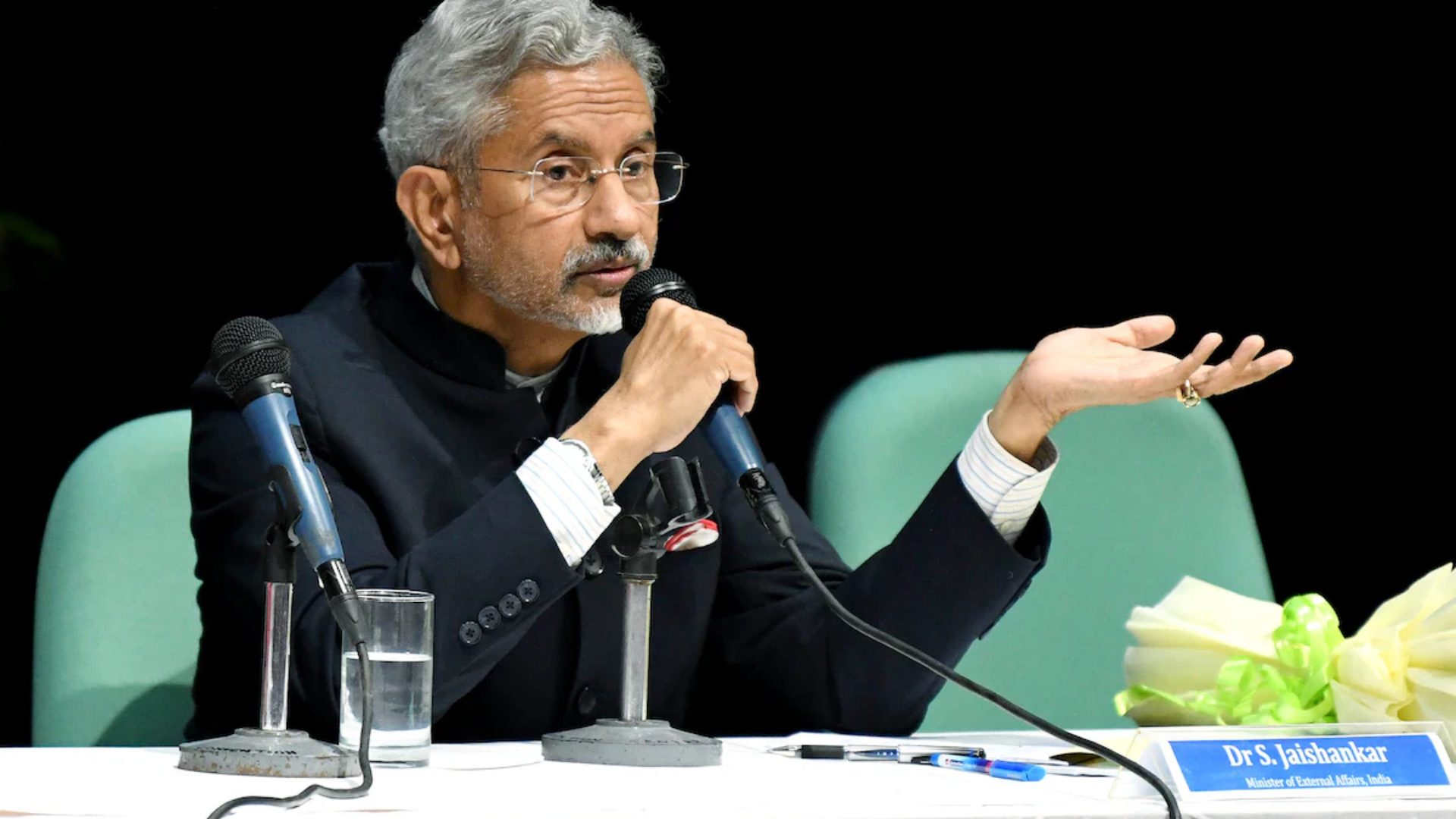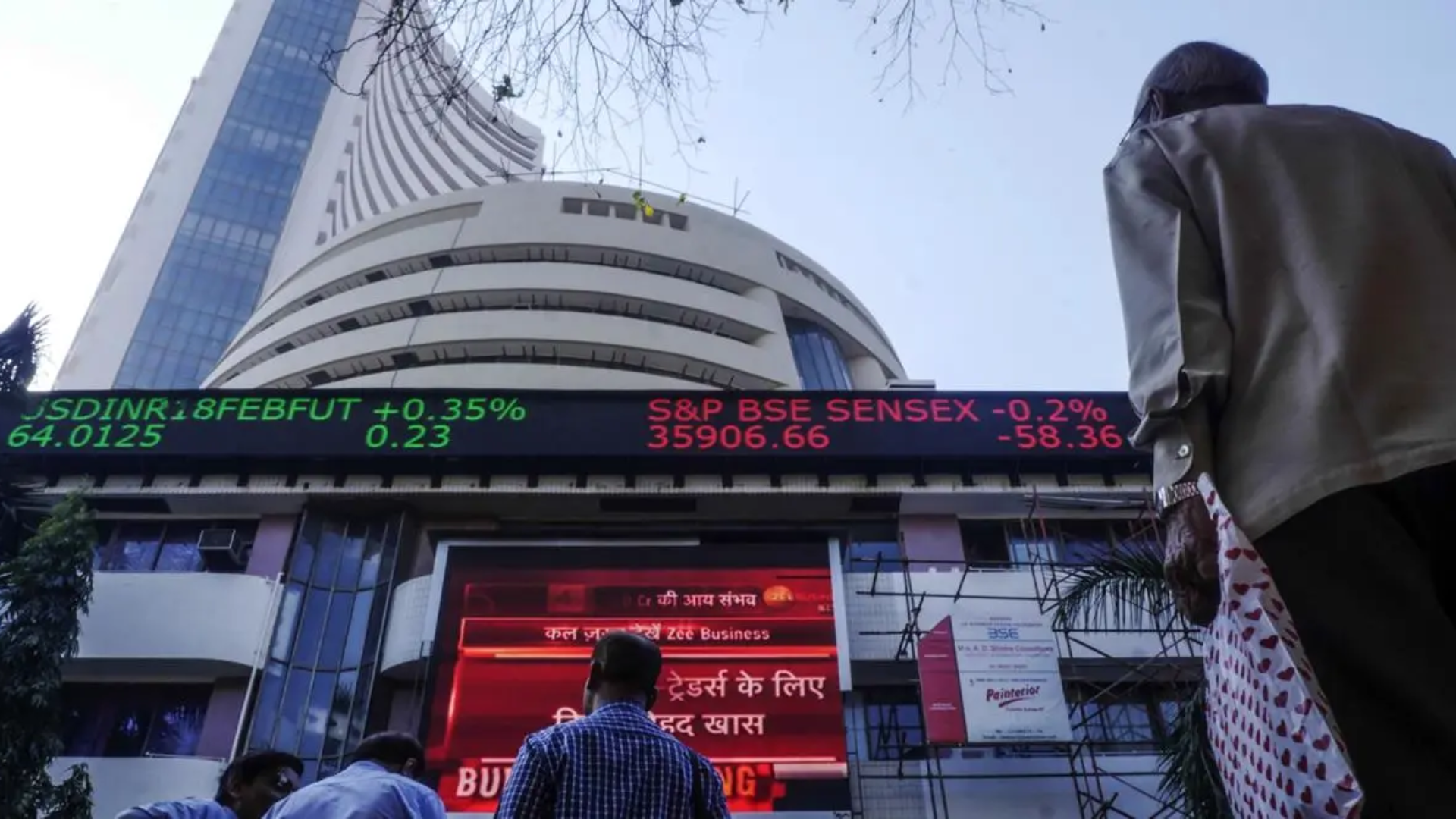










On the day the national government unveiled its interim budget for 2024–25, Indian market indices saw a wild ride and ended up slightly lower. According to analysts, the underwhelming performance of the indices can be caused by the US Federal Reserve’s ambiguous direction on easing its monetary policy stance and the Budget document’s lower-than-expected capital expenditure markup. On the other hand, some said it was just a minor profit booking.
The Nifty closed at 21,697.45 points, down 28.25 points or 0.13 percent, while the Sensex closed at 71,645.30 points, down 106.81 points or 0.15 percent. Nifty media, Nifty metal, and Nifty realty saw the biggest declines among the frequently followed Nifty sectoral indices. Conversely, Nifty PSU Bank experienced a rise of more than 3%.
At the opening bell, the Sensex and Nifty, which represent the broader market indices, were in the green. However, as the day went on and the Budget was tabled, they began to trend towards the red.
Unexpectedly, range-bound trading was seen on the day of the Interim Budget 2024, with the Sensex down 107 points and the Nifty closing 36 points lower. Sector-wise, the PSU Bank index gained more than 3%, while digital and metal stocks saw a loss of more than 1% due to profit-booking, according to Shrikant S. Chouhan, Head of Equity Research at Kotak Securities Limited.
Religare Broking Ltd.’s SVP of Technical Research, Ajit Mishra, stated that “on the budget day, markets fluctuate in a narrow range and settle marginally lower.” The initial tone was upbeat, but around the previous swing high, profit-taking surfaced.”
The current price movement confirms our belief that the markets are not in a rush for the next directional move. The only thing left for traders to do is adjust their positions and concentrate more on a stock-specific trading strategy. Even though the broader indices are consistently outperforming them despite the overbought situation, we believe it is wise to limit exposure and solely favor high-quality firms, Mishra stated.
“The interim budget lower-than-expected infrastructure spending slightly disappointed the local market. The government’s pledge to fiscal restraint—it is aiming for a 5.1% fiscal deficit for FY25BE—is anticipated to enhance the outlook for economic ratings, according to Vinod Nair, Head of Research at Geojit Financial Services. “Meanwhile, the US FED’s decision to maintain rates without clear guidance on future cuts dampened market sentiments,” Nair stated.
Union Finance Minister Nirmala Sitharaman announced on Thursday, in her interim budget, that the government intends to boost capital investment spending by 11.1% to Rs 11.11 lakh crore in 2024–25, or 3.4% of the GDP, ahead of the general elections. Establishing long-term physical or fixed assets is done through capital expenditures, or capex.
Regarding the fiscal deficit, the administration estimated that it would be 5.1% of GDP in 2024–2025. The administration set a target for the budget deficit in 2023–2024 of 5.9 percent of GDP. According to Sitharaman’s statement today, the fiscal deficit for 2023–2024 has been reduced down to 5.8%.
By 2025–2026, the government hopes to reduce the fiscal deficit to less than 4.5% of GDP. Furthermore, the central government did not modify or add to the tax burden already placed on residents, which was anticipated and a relief to the populace.
The interim budget, which was presented today, will cover the short-term budgetary requirements until a government is established following the Lok Sabha elections. The new administration will then offer a full budget in July.









